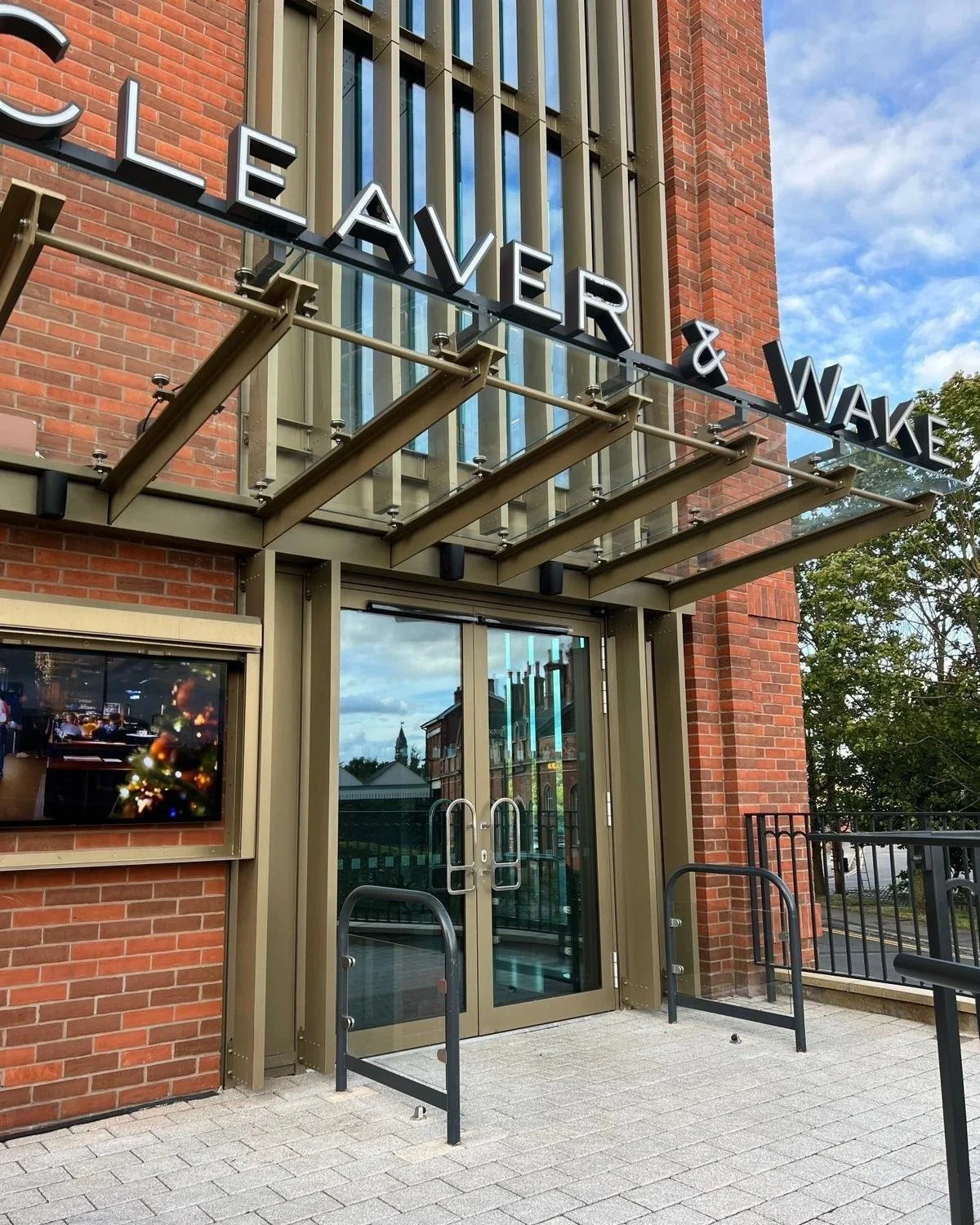The Door That Says Everything: What House of Guinness Teaches Us About First Impressions
If you've been watching Netflix's House of Guinness, you'll know it's not really about beer.
It's about legacy. About what you build, what you leave behind, and how the world remembers you.
There's a reason the show lingers on those grand Dublin doorways, the imposing entrance to the brewery, the stately homes where deals are made and empires crumble. Steven Knight (the genius behind Peaky Blinders) knows something important: a door isn't just a door.
It's the first thing you touch. The first physical connection to a space. And in 1868 Dublin, just like now, that first impression mattered.
The Guinness Factory Door: Still Famous 150 Years Later
The doors at St. James's Gate aren't just functional. They're world-renowned. Tourists photograph them. Architects study them. They elicit emotion.
When you stand in front of those gates, you feel the weight of history. You sense craftsmanship, permanence, legacy. You know you're about to enter somewhere important.
That's not an accident.
The Guinness family understood something fundamental: your entrance tells people who you are before you say a single word.
Now Look at Your Building
You've spent a fortune on your office. Beautiful facade. Impressive reception. Brand values printed on every wall.
Then someone walks up to your front door and grabs... a basic off-the-shelf handle. Chrome. Generic. The same one you'd find at a budget hotel or a service station toilet.
Everything you've built, everything you want to say about quality and attention to detail, contradicted by the first thing they physically touch.
It happens constantly. Architects design stunning buildings, then someone orders handles from a catalogue because "they're just handles."
Bespoke Isn't About Showing Off
In House of Guinness, everything the family does is calculated. Their homes, their parties, their business decisions - all designed to project power, stability, taste.
They weren't showing off. They were building trust.
That's what bespoke door furniture does. It doesn't scream "look how expensive we are." It whispers "we care about the details."
When someone touches a handle that's been made specifically for that door, in that building, with that finish - they feel it. They might not consciously think about it, but they register quality.
It's the same instinct that tells you a Guinness poured properly tastes different. Same ingredients, but the care shows.
Cleaver & Wake building in Nottingham
The Details Nobody Notices (Until They Do)
We made handles for Superdry's Oxford Street store with their logo engraved. For Caernarfon Castle, where everything had to respect 13th-century architecture. For Starbucks locations where consistency across multiple sites mattered.
Nobody walks into Superdry and thinks "brilliant door handles." But they feel the coherence. The sense that someone thought about every element.
That's what we mean by "bespoke feeling for emotions."
Your customers don't need to notice the handles. They just need to feel that your entire space makes sense. That you're serious. That you care.
What Are You Actually Saying?
The Guinness family built an empire that lasted centuries. Not just because they made good beer, but because they understood presentation, legacy, and the importance of every single touchpoint.
Your front door is a touchpoint.
Right now, what's it saying about you?
If you're working on a project where the entrance matters - heritage building, flagship store, head office, luxury residential - the handles matter too.
Not because they're flashy. Because they're part of the story you're telling.
Want to talk about your project? We've been making door furniture for 35 years. We understand what details communicate.

